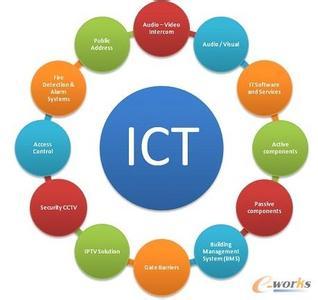Security and safety are intertwined concepts in the world of computing. In recent years, the terms "sustainable security" and "sustainable safety" came into fashion and are being used referring to a variety of systems properties ranging from efficiency to profitability, and sometimes meaning that a product or service is good for people and planet. This leads to confusing perceptions of products where customers might expect a sustainable product to be developed without child labour, while the producer uses the term to signify that their new product uses marginally less power than the previous generation of that products. Even in research on sustainably safe and secure ICT, these different notions of terminology are prevalent. As researchers we often work towards optimising our subject of study towards one specific sustainability metric - let's say energy consumption - while being blissfully unaware of, e.g., social impacts, life-cycle impacts, or rebound effects of such optimisations. In this paper I dissect the idea of sustainable safety and security, starting from the questions of what we want to sustain, and for whom we want to sustain it. I believe that a general "people and planet" answer is inadequate here because this form of sustainability cannot be the property of a single industry sector but must be addressed by society as a whole. However, with sufficient understanding of life-cycle impacts we may very well be able to devise research and development efforts, and inform decision making processes towards the use of integrated safety and security solutions that help us to address societal challenges in the context of the climate and ecological crises, and that are aligned with concepts such as intersectionality and climate justice. Of course, these solutions can only be effective if they are embedded in societal and economic change towards more frugal uses of data and ICT.
翻译:近年来,“可持续安全”和“可持续安全”这两个术语逐渐成为时尚,并被用来指从效率到赢利等各种系统特性,有时意味着产品或服务对人和地球都有好处。这导致对产品的混淆认识,因为客户可能期望在没有童工的情况下开发可持续产品,而生产者则使用这一术语来表示其新产品使用的力量比前一代产品少得多。即使是在可持续安全和稳定的信通技术研究中,这些不同的术语概念也很普遍。研究人员常常努力将我们的研究主题优化为一种具体的可持续性衡量标准——让我们说能源消费—同时对某种产品或服务对人和地球都有好处。这导致对产品产生混淆认识,因为消费者可能期望在没有童工的情况下开发可持续的产品,而生产者则使用这一术语来表明其新产品使用的力量比前一代小得多。即使在可持续和稳定的信通技术研究中,这些“人和地球”的答案也非常普遍。在这里,因为这种可持续性的形式不能成为对单一产业系统、生命周期的使用,但必须从社会的角度来理解,通过这些数据,来应对这些安全的解决方案。





